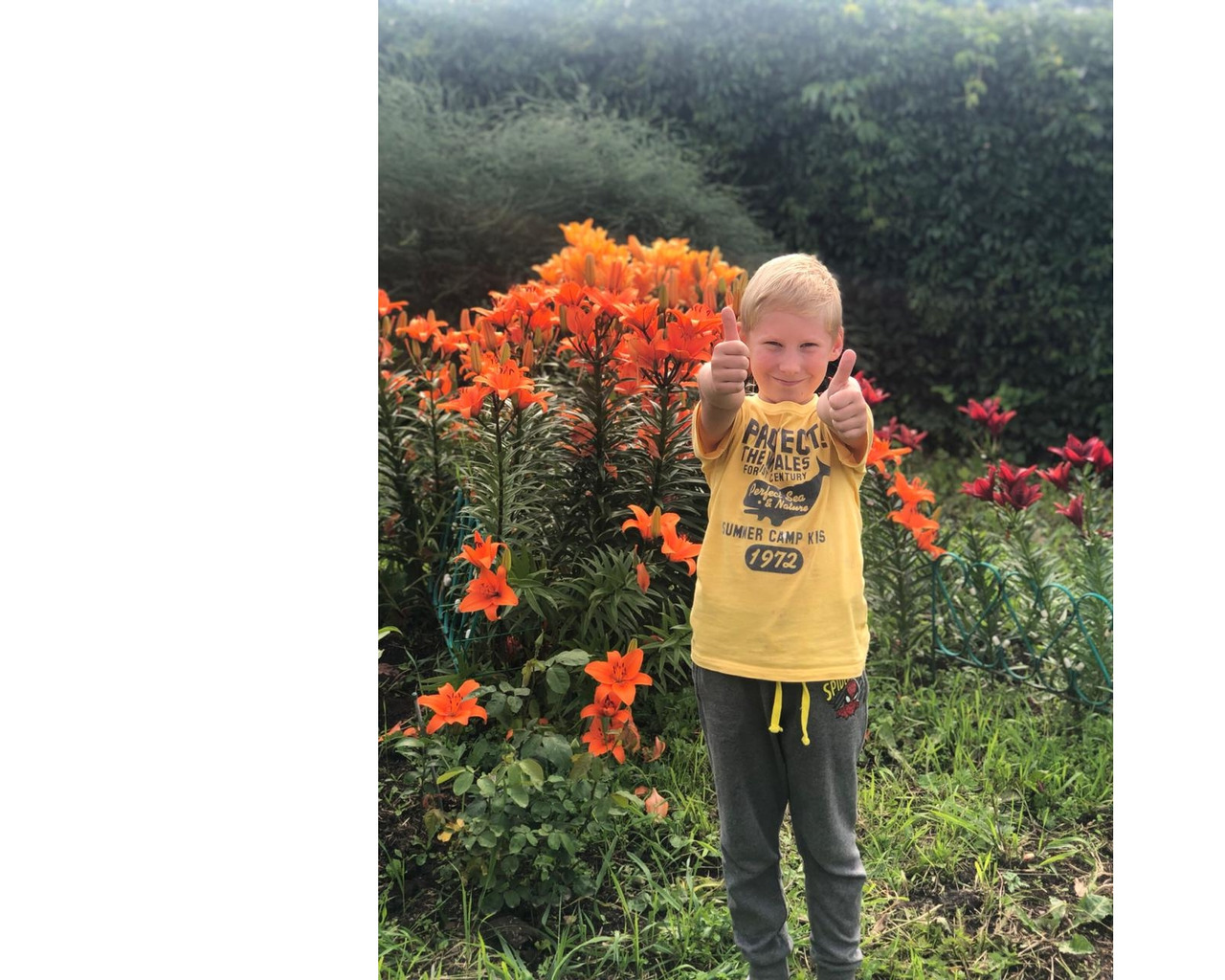
Бесплатный фрагмент - Spanish for English-speaking children
Futuro Imperfecto de Indicativo
Copyright
It is allowed only with the written permission of the author to choose the method of presentation of this tutorial in order to teach or write the manuscript of the textbook, namely: put foreign / Russian words in parentheses or as the corresponding Russian / foreign equivalents, mark a sentence with special symbols as shown in this book; reprint, reproduce by electronic means or in any other way the entire book or any part of it.
From the author
This tutorial can be studied by yourself. If you need an additional advice or classes, you can always contact me. Consultations / classes in person and by Skype are possible.
My contact information
Skype: oliva-morales
E-mail: oliva-morales@mail.ru
Regards,
Tatiana Oliva Morales
About the series © Linguistic Reanimator
About the series © Linguistic Reanimator
All work and textbooks of the series © Linguistic Reanimator significantly reduce the learning period of a foreign language and improve the quality of memorization and the perception of new words and normative grammar of a foreign language by the students.
The method has the advantage of presenting the sentences for translation in the exercises. The foreign words-clues are given in parentheses in each sentence. While using this technique a person who has never studied English / Spanish before and has no vocabulary, can translate from English into Spanish or from Spanish into English just in the first lesson.
The technique allows you to learn new words and phrases in English / Spanish from exercise to exercise easily and quickly, to fine-tune and improve the skills of correct translation into a foreign language, to train interpretation skills. Each textbook or workbook of this series can be used as a tutorial.
All the tutorials of the series © Linguistic Reanimator were written «for the difficult students» who needed to obtain a lot of quality knowledge in a short period of time. This is the purpose of the tutorials of this series.
The series © Linguistic Reanimator can be recommended to pre-school children, schoolchildren, students, as well as to a wide variety of people who study English or Spanish at school, university, courses, with a tutor or independently.
All translation exercises from English into Spanish and from Spanish into English are adapted using foreign words (clues) in the technique of © Linguistic Reanimator. All the exercises have the keys.
In these tutorials I tried to discover the main difficulties that are found in English / Spanish, the difficulties because of which the students of this language make the most common mistakes.
The tutorials contain detailed and accessible explanations on each of the topics and a large number of adapted exercises to translate from English into Spanish and from Spanish into English to improve the acquired knowledge.
Special designations
… — there must be a definite or indefinite article here.
Books (libro..) — a few points after a noun means that the noun must be in plural.
! — It is necessary to think what preposition must be before the group of words that follow later.
* — irregular verb.
He (él) — is an English word and its equivalent in Spanish.
2. read (lees) 1. you (tú) — the numbers before the words mean the order of these words in the sentence, in this case, this order will be correct: 1. you (tú) 2. read (lees).
in (-) — this word does not need to be translated into English.
How Max learns Spanish
My co-author, Maxim Malkov, is an eight-year-old schoolboy. He finished the second grade at an elementary school in Moscow. I am his Spanish teacher.

It’s summer now, but he doesn’t waste time and continue to learn Spanish on Skype.
When the summer holidays began, I proposed to Max to undertake a fascinating journey through English grammar, and my future co-author gladly accepted my invitation.
Maxim usually has 3 Spanish classes a week. Max likes to learn grammar.
I understand him perfectly well: Spanish grammar is similar to mathematics, and it is very interesting.
Having overcome all the main groups of Spanish Tenses (Simple, Continuous, Perfect), we began to train in each of these groups.
During the lesson I play such a game with Maxim: I call him any grammatical tense, he invents interesting affirmative, negative and interrogative sentences in this tense, sometimes he invents some stories, and then translates them into Spanish.
At the beginning we had played verbally, but then I started to write down the sentences or stories which he made up, I found them interesting.
This is how Maxim Malkov and I composed this new series of exercise books for children.
Spanish is international. All children should know it and speak well and correctly.
We would be pleased if this series of our books will help you to learn Spanish in a fun, easily and in a worry-free way.
The summer of 2019
Tatiana Oliva Morales
Maxim Malkov
The group of Simple Tenses in Spanish

The group of Simple Tenses expresses ordinary and family actions in the future, present or past tense.
Examples:
I will live in Moscow. I live in Moscow. I lived in Moscow.
Brief description of the Simple Tenses Group
It does not attract any attention,
It happens every day,
Often, rarely, sometimes,
Always.
That’s why it’s Simple.
Word markers: usually, daily, sometimes, always, often, rarely, day after day, tomorrow, the day after tomorrow, next week, next year, next week, yesterday, the day before yesterday, last week, last month, last year, in 2005 and so on (or the corresponding logical context).
Futuro Imperfecto (Simple) de Indicativo (Future Imperfect Indicative Tense, the analogue of Future Simpe Tense in English)
Construction
The verb form in this tense is constructed by adding the corresponding identical endings to the infinitives of the verbs of all 3 conjugations.
Бесплатный фрагмент закончился.
Купите книгу, чтобы продолжить чтение.